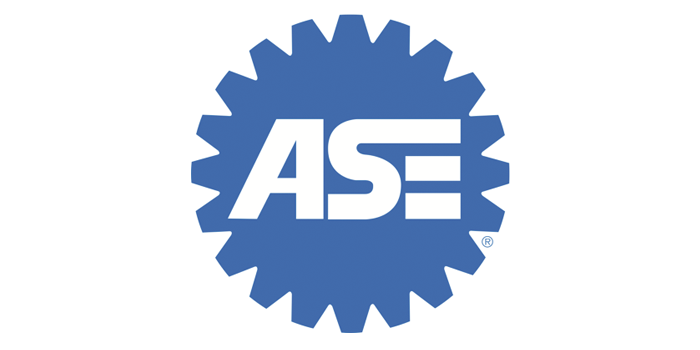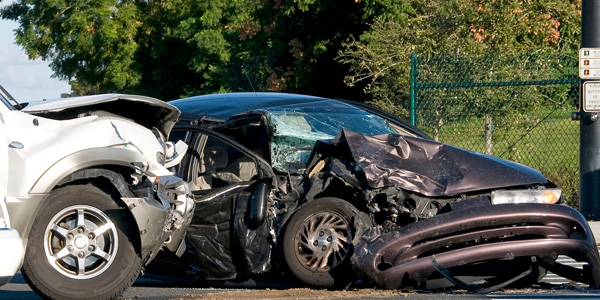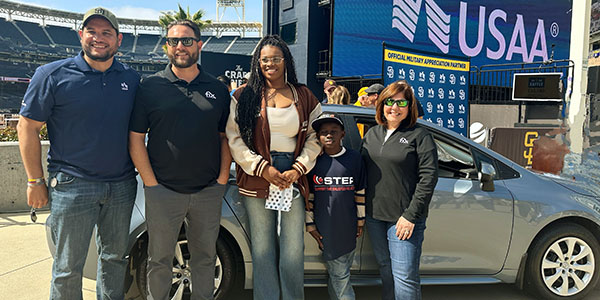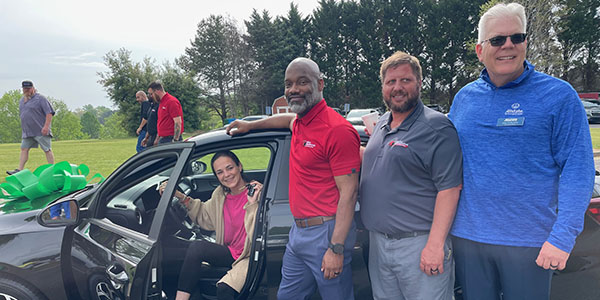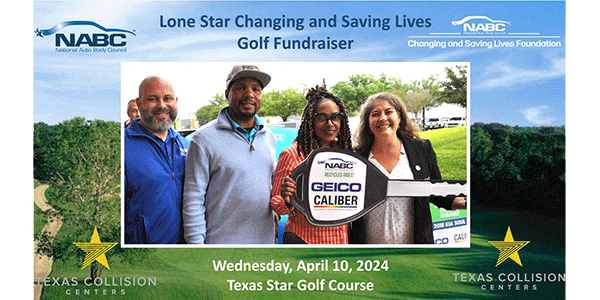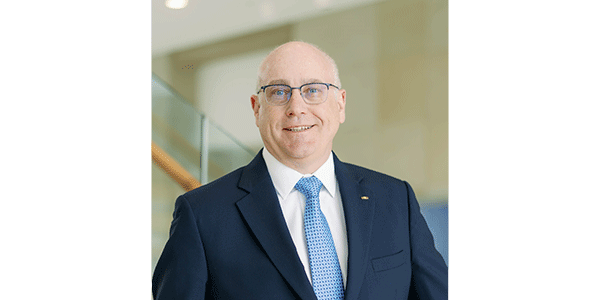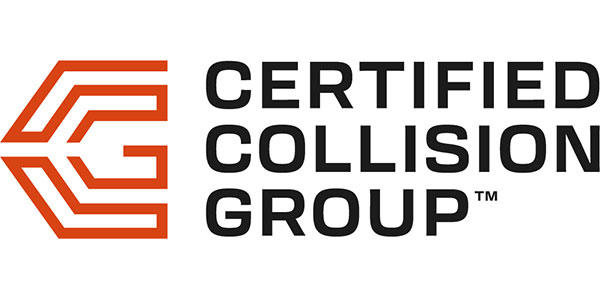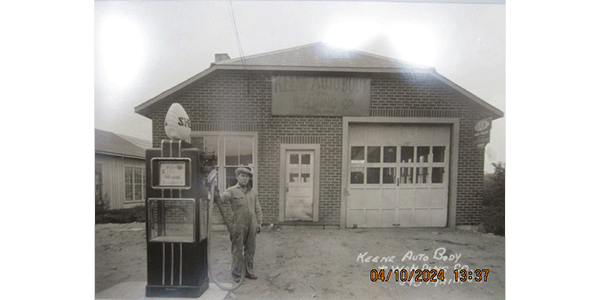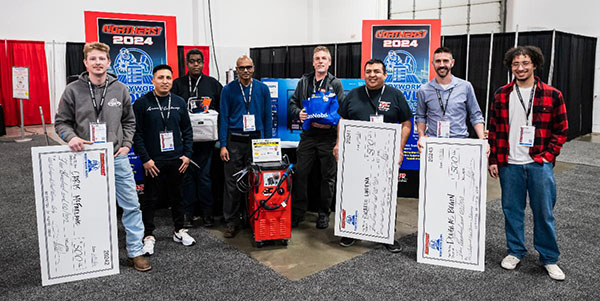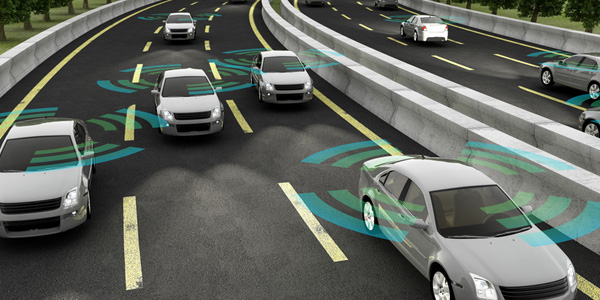
A new report details the lessons that the city of Boston has learned from its Autonomous Vehicle (AV) Initiative.
Boston’s multi-phase testing program began in January with Cambridge, Mass.-based AV software maker NuTonomy conducting trials of autonomous cars on public roads within Raymond L. Flynn Marine Park in the Seaport District. After the vehicles clocked more than 200 miles at different times of day and in different weather conditions, the program was expanded in June to include testing with Optimus Ride (like NuTonomy, an MIT spinoff) and Delphi Automotive, a Tier 1 automotive supplier, throughout the district.
Boston is one of a handful of U.S. cities leading the charge to test self-driving cars. The Boston Consulting Group and the World Economic Forum have been working with the city to roll out the initiative and assess the results.
The consulting group’s report, “Making Autonomous Vehicles a Reality: Lessons from Boston and Beyond,” describes the opportunities and challenges that have surfaced in the first six months of Boston’s field-testing experience and offers initial recommendations for other cities and public-sector entities.
“Boston is a great example of the type of multi-stakeholder cooperation required to successfully develop new mobility business models – models that can help cities solve their most pressing transportation challenges and improve livability for their residents,” says Nikolaus Lang, a senior partner at BCG and co-author of the report. “The speed with which the city has moved from initial announcement to piloting has been impressive.”
The report discusses five preliminary takeaways from the initiative:
- Autonomous vehicles come in many forms. Cities should consider all forms of AV transportation – private AVs, taxis (shared or single passenger) and shuttle buses – in all of their permutations. Every city will need to identify which modes are best suited to its particular challenges and goals.
- Each city’s unique context and needs matter. Depending on its particular circumstances and existing infrastructure, every city will need to determine which needs are best served by AVs – such as linking neighborhoods that are not currently well connected to public-transit offerings.
- Asset ownership isn’t necessary. Cities do not have to own or even operate the new transportation assets; they need only enable deployment. Already grappling with many competing budgetary demands, they should focus on establishing the right policies and regulatory environment within which third-party providers can operate. Third-party offerings, however, should conform to a city’s planning goals, such as encouraging ride sharing or filling mobility needs not presently served by mass transit.
- Having a digital mobility platform is critical. A digital platform that aggregates all transportation modes, which Boston is envisioning, can help manage traffic volume and flows while providing important data for planning. It also can offer consumers a single easy-to-use access point for information and reservations. Designing such a system, however, requires substantial intraregional cooperation, coordination, and co-investment.
- Cities must take ownership of mobility ecosystem management. Cities must take the lead in establishing a governance structure and testing policy and parameters to foster innovative solutions to their most pressing transportation challenges. By working cooperatively with state and national agencies, they can make considerable progress.
As the report notes, autonomous cars (particularly electrically powered ones), in tandem with sharing models, promise enormous benefits to urban communities and to society in general. The benefits include greater safety, lower emissions, reduced congestion, more available parking space, greater access for non-drivers, more reliable and less stressful transportation, cost efficiency and greater productivity.
“But achieving them requires the right mix of ambitious planning, regulation, testing, and careful execution,” notes John Moavenzadeh, head of the Mobility Industries and System Initiative at the World Economic Forum. “All key stakeholders must be involved – to ensure the greatest benefit to the most people, while minimizing unintended consequences.”

